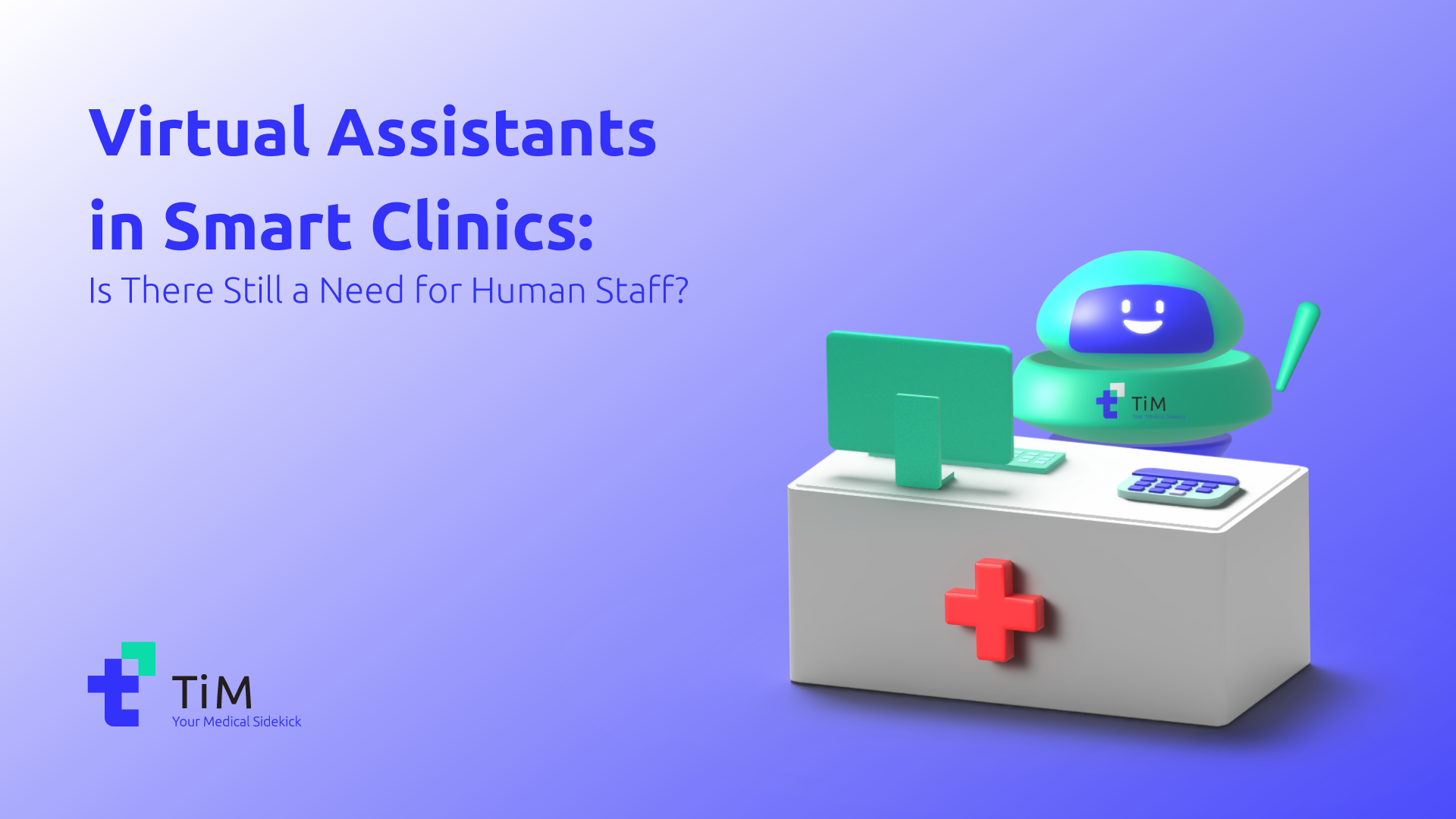
Virtual Assistants in Smart Clinics: Is There Still a Need for Human Staff?
Table of Contents
With advancements in technology and the rise of AI-powered tools, virtual assistants have become integral to the operation of smart clinics. These systems, often equipped with capabilities like natural language processing, machine learning, and real-time data access, are capable of handling many day-to-day tasks efficiently. This raises the question: with virtual assistants in place, is there still a need for human staff in clinics?
The Role of Virtual Assistants in Smart Clinics
Virtual assistants in smart clinics fulfill various roles, including:
- Appointment Management
Virtual systems can manage clinic schedules, optimize patient appointments, and communicate updates to both patients and doctors through messaging. - Answering Frequently Asked Questions
Virtual assistants can answer common patient inquiries automatically, directing them to relevant information and resources. - Documenting Reports and Records
Advanced virtual assistants use speech-to-text technology to document medical reports and records efficiently. - Data Analysis and Decision Support
With access to real-time data, virtual assistants can provide detailed, accurate information to doctors, offering analytical insights to support clinical decisions. - Supporting Medical DiagnosisBy analyzing a patient’s historical medical records, the virtual assistant provides valuable insights to aid physicians in making more accurate diagnoses, thereby reducing the potential for diagnostic errors.

Benefits of Using Virtual Assistants
The benefits of implementing virtual assistants in smart clinics include:
- Cost Reduction
Clinics can reduce costs associated with staffing by utilizing virtual assistants. - Increased Speed and Efficiency
These assistants work continuously without fatigue, helping tasks get done faster. - Reduced Human Error
Virtual assistants operate based on algorithms, which reduces the likelihood of human error.

Is There Still a Need for Human Staff?
Despite the impressive capabilities of virtual assistants, human presence remains essential in clinics. In certain roles and situations, the physical presence and decision-making abilities of humans are irreplaceable. For instance:
- Establishing Human Connections with Patients
Many patients feel more comfortable when interacting with a real person, particularly in emotional or sensitive situations. - Complex Medical Decision-Making
In complex medical cases that require quick decision-making, the expertise of doctors and healthcare professionals is indispensable. - Quality Control and Supervision
While virtual assistants can perform many tasks, human oversight is needed to maintain the quality of services and ensure accuracy.
By delegating administrative responsibilities to AI-powered assistants, healthcare professionals can devote more time and attention to direct patient care and meaningful clinical interactions.

